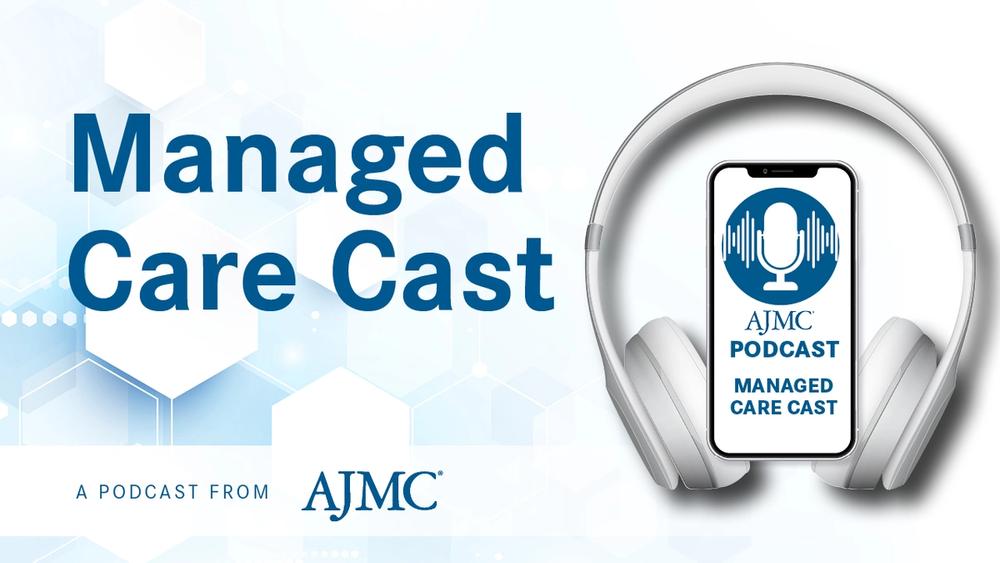News
Article
Stakeholder Engagement With State, Local Officials Is Key to Driving Policy Change
Author(s):
Panelists at the Community Oncology Alliance Payer Exchange Summit 2024 agreed that overcoming health care challenges will depend heavily on collaboration and active engagement from multiple stakeholders in the policy and regulatory process.
Multi-stakeholder collaboration and engagement in the policy and regulatory process will be crucial to overcoming health care challenges, especially in community oncology, provider reimbursement, utilization management, and pharmacy benefit manager (PBM) reform, according to panelists at the Community Oncology Alliance (COA)’s Payer Exchange Summit 2024.1
The event took place in Reston, Virginia from September 9 to 10, covering an array of topics and highlighting ways to improve community practices, including the complexities of value-based care, barriers to accessibility and affordability, and PBM transparency.
"Health care is a complex, multifaceted ecosystem, and we really need to be working together with all of our stakeholders to craft meaningful solutions that we can all live with in order to provide the best care close to home." - Debra Patt, MD, PhD, MBA | Image credit: Mohamad Zaki - stock.adobe.com

A big takeaway from the session on policy updates that impact health care payment reform was the need for stakeholders to reach out to local and state officials to make changes, especially during an election year, when federal policy is unlikely to move forward. Additionally, a spring 2023 Pew Research Center survey found that 85% of people believe that politicians don’t care what their constituents think or want.2 One of the speakers, Debra Patt, MD, PhD, MBA, executive vice president at Texas Oncology, explained that engaging with elected officials is particularly important to educate them on the issues and advocate for meaningful solutions.
“In all of the time that I've spent being an advocate for cancer care with our elected officials, I mostly see myself as an educator because never once have I met an elected official that wants patients that are constituents of theirs in their district to go to battle with any health care issue like it's never going to happen. When you meet with any elected official, they always want their constituents to be able to navigate the cancer landscape and thrive in their health care journey,” she said.
Moderator Nicolas Ferreyros agreed. “There are lots of people who are out there advocating on your issues that directly impact your book of business and the issues that you care about and just showing up and educating your elected officials about them, particularly at the state level, where so much public policy and regulation happens that impacts the day to day," Ferreyros said.
Contacting and educating officials can also help ensure that policies that do get pushed forward by politicians work well for the practices and health care institutions that will be affected.
“When we're talking about good policy, good policy has to be enforceable. Good policy has to be something that, maybe the first time around, we have come to realize that something within the bill that we previously passed needs some reform, needs to be tweaked, needs to have additional language to address something that was unforeseen previously when it comes to implementation regulatory bodies," James Lee, director of state regulation and policy at COA, said. "When they're, for example, implementing a new PBM licensure bill, [politicians] need to hear from practices exactly how the implementation of this policy might benefit practices and help patients.”
Additionally, incremental progress through state-level policy reforms can serve as a model for federal-level changes, highlighting the importance of state-level advocacy.
On a hospital level, the speakers highlighted that collaborative efforts between practices, payers, employers, and other stakeholders are needed to lower barriers to patient care and implement value-based approaches.
There’s a need for greater transparency around hospital pricing structures and the costs linked to consolidation, especially in hospital-based cancer care compared with community oncology. Reforming the 340B drug pricing program to ensure it benefits underserved communities instead of being exploited by hospitals and PBMs was also emphasized. Supporting independent community oncology practices through policy advocacy is crucial for preserving patient choice and access to affordable care.
Patt concluded, “Health care is a complex, multifaceted ecosystem, and we really need to be working together with all of our stakeholders to craft meaningful solutions that we can all live with in order to provide the best care close to home.”
References
1. Ferreyros N, Lee J, Patt D. Federal & state policy updates that impact & impede payment reform. Presented at: COA Payer Exchange Summit; September 9-10, 2024; Reston, VA.
2. Hatfield J. More than 80% of Americans believe elected officials don’t care what people like them think. Pew Research Center; April 30, 2024. Accessed September 9, 2024. https://www.pewresearch.org/short-reads/2024/04/30/more-than-80-of-americans-believe-elected-officials-dont-care-what-people-like-them-think/
Newsletter
Stay ahead of policy, cost, and value—subscribe to AJMC for expert insights at the intersection of clinical care and health economics.

PROs Affirm Zongertinib’s Combination of Strong Response Rates With Low Toxicity

The Importance of Examining and Preventing Atrial Fibrillation



